Samsung Galaxy Watch 6 vs Apple Watch Series 8: which one should you go for?
We may earn a commission if you make a purchase from the links on this page.

Intro
Which one is the more advanced smartwatch: the Samsung Galaxy Watch 6 or the Apple Watch Series 8?
For most people, this would be a purely theoretical question: after all, the Galaxy Watch won't work with iPhones, and Apple Watches won't work on Android, and most people only carry one phone, so they would not be able to even use the other watch option.
But if you are just curious to learn about the capabilities on these two, or are considering switching from Android to iPhone, or the other way around, you might really want to know.
So... let's find out!
Samsung Galaxy Watch 6 vs Apple Watch Series 8: differences
- Round vs Square
- Both have a small and a medium/large model
- Apple Watch has slightly larger diameter for both models
- Both come with quick swap band system
- Apple Watch has more apps
- Apple Watch has more accurate sensors (TBD)
- Apple Watch costs more
Table of Contents:
- Design and Sizes
- Bands
- Software
- Battery and Charging
- Models and Prices
- Voice Calls and Haptics
- Specs
- Summary
Also read: Samsung Galaxy Watch 8 release date expectations, price estimates, and upgrades
Design & Sizes
Round or square?
The differences between these two are so fundamental that they start with the shape of the watches.
The Galaxy Watch 6 is round, the Apple Watch Series 8 is a rectangle. Now this one is up to personal preference, and both sit well on the wrist, so comfort is not really an issue.
You have a smaller size option on both (40mm on the Galaxy, 41mm with the Apple Watch) and then a larger one (44mm on Galaxy, 45mm with Apple).
The Galaxy Watch 6 has sapphire glass on both the front and the bottom part, which is great. Sapphire is much more durable than regular toughened glass, with some estimates saying it is 60% better at resisting scratches.
The Apple Watch Series 8 base aluminum model comes with regular glass and time has shown that this one can scratch, while for sapphire you need to buy the $800 stainless steel Apple Watch. This is more than twice as much as the Galaxy, so when it comes to just pure material quality and the value for money, the Galaxy is ahead.
Bands
Apple's quick swap band system is great, but Samsung is finally catching up
Samsung brings new one-click bands to the Watch 6, a very welcome upgrade from the spring bars that it used on bands earlier which made swapping bands a bit of a process.
The Apple Watch, on the other hand, was designed with a quick swap system from the get-go, so swapping bands on it is a piece of cake, so now we have parity between the two.
The Apple Watch is also notorious for its pricey Apple-made bands, and that's one area where Samsung undercuts Apple, with slightly cheaper bands. Of course, you always have third-party bands for both watches and those come in all shapes, sizes and price points.
Software & Features
It's all about health and fitness sensors and accuracy
Speaking of software, Samsung uses Googles' Wear OS platform on the Galaxy Watch, while Apple relies on its own watchOS platform.
Now in its tenth generation, watchOS is clearly the more refined platform with various apps, it's a whole ecosystem.
WearOS is also growing now, but it was quite stale before Samsung jumped on board with it last year, so it's going to be an uphill battle there.
We won't get into the basic navigation features too much: you swipe and tap on the Apple Watch and you can also use the digital crown, while on the Galaxy, you also swipe and tap, but then you also have a digital bezel so you can slide your finger across the edge of the screen to swipe around.
As for the rest of the functionality you have these on both:
- heart rate monitoring
- workout tracking
- sleep tracking
- blood oxygen measurements
- ECG function
Galaxy Watch 6 vs Apple Watch Series 8: Which one is better for sleep tracking?
Both watches can track your total sleep time, but the Apple Watch also gives you an additional "time in bed" metric, while the Galaxy Watch has the advantage of also tracking naps.
Both do a similarly good job detecting when you fall asleep and when you wake up.
However, the actual sleep stages breakdown varies significantly. On the same night, we got the following sleep tracking measurements:
| Galaxy Watch 6 | Apple Watch Series 8 | |
|---|---|---|
| Sleep Time | 6 hr 6 m | 6 hr 10 m |
| Deep Sleep | 7 m | 1 hr 2 m |
| Core/Light Sleep | 3 hr 55 m | 3 hr 35 m |
| REM Sleep | 1 hr 56 m | 1 hr 33 m |
| Awake | 8 m | 5 m |
As you can see, that is a MASSIVE difference in the estimated deep sleep time. We noticed that the Galaxy definitely underestimates deep sleep time quite often. Additionally, the Galaxy Watch also recorded some dubious blood oxygen readings during sleep, adding further doubt on its scores. To top it all, this night of relatively sub-par sleep for me yielded an 80 score on the Galaxy, while the previous night with proper 7 hours and 40 minutes of sleep got about the same score of 81 points.
In light of this, the numbers from the Apple Watch look far more reliable for sleep tracking.
Galaxy Watch 6 vs Apple Watch Series 8: Which one has more accurate heart rate tracking?
We also tracked a few workouts.
My preferred workout is bodyweight training or street workout, which usually involves a lot of short spikes in heart rate and is hard to measure.
We noticed some big discrepancies here too, though.
On the same 37-minute calisthenics workout, the Galaxy Watch 6 recorded an average heart rate of 114bpm compared to just 99bpm on the Apple Watch S8. The Galaxy recorded a very weird spike in heart rate up to a whopping 167bpm at the beginning of the workout session when I was just warming up and did only a few reps, which seems mistaken.
We will be comparing these results to a chest-mounted heart rate tracker and give you that breakdown later.
Battery and Charging
Both suffer from the 1-day smartwatch battery life curse
We have been praying for a proper smartwatch that can last more than one day off the charger, but it seems we are not there just yet on either one of these.
With average use and starting at 100% in the morning, both the Galaxy Watch 6 and Apple Watch Series 8 lasted us a full day with double digits left for overnight tracking, and we had still time until noon the next day to recharge.
You can get a lot more out of them if you turn off the always-on screen option of course.
And if you are curious about the actual battery size we are dealing with, here are the numbers:
- Galaxy Watch 6 40mm battery size: 300 mAh
- Apple Watch Series 8 41mm battery size: 282 mAh
- Galaxy Watch 6 44mm battery size: 425 mAh
- Apple Watch Series 8 45mm battery size: 308 mAh
As you can see, the larger Galaxy Watch model in particular has a nearly 30% bigger battery, quite the difference.
As for charging, both the Galaxy Watch 6 and Apple Watch Series 8 charge via a wireless magnetic puck.
A half an hour charge gives you about 40% juice on the Galaxy Watches and 50% on the Apple Watches, while a full charge takes close to 1 hour and 40 minutes on the Galaxy and 1 hour and 15 minutes on the Apple Watch.
Models and Prices
As we've mentioned, you have a smaller and larger size options for both watches, which is great.
Where the two differ quite a lot is pricing, though.
The Galaxy Watch 6 prices start from $300 for the 40mm model, while the Apple Watch Series 8 in its base Aluminum Case model starts at $400 for the 41mm. And if you want the Stainless Steel case which comes with sapphire glass, that costs no less than $700. The Galaxy is definitely your cheaper option.
Voice Calls and Haptics
Both watches support voice calls, and with the Cellular models, that means you can leave your phone at home and still take and place calls with just the watch (of course, your carrier needs to support that feature and you should be signed up for that plan).
In terms of vibration feedback, the Apple Watch Series 8 is still ahead of the Galaxy. Vibration is nice and tight, never vague on the Apple Watch, while the Galaxy haptics just feel a bit more disconnected, but still will do the job.
Specs
Here is a quick overview of the Galaxy Watch 6 vs Apple Watch Series 8 specs:
| Specs | Samsung Galaxy Watch 6 | Apple Watch Series 8 |
|---|---|---|
| Models (Size, Weight, Prices) | 40mm (38.8 x 40.4 x 9.0 mm) 44mm (42.8 x 44.4 x 9.0 mm) 28.7g weight for 40mm 33.3g weight for 44mm from $300 | 41mm (41 x 35 x 10.7 mm) 45mm (45 x 38 x 10.7 mm) 32g weight for 41mm 38.8g weight for 45mm from $400 |
| Materials | Aluminum body Sapphire display Sapphire bottom | Aluminum / Stainless Steel / Ceramic body Glass or Sapphire display Sapphire bottom glass |
| Processor, RAM, Storage | Samsung Exynos W930 | Apple S8 |
| Software | WearOS 4 | watchOS 9 |
| Battery and Charging | 300mAh for 40mm 425mAh for 44mm | 282mAh for 41mm 308mAh for 45mm |
| Sensors | HR, blood oxygen, altimeter, ECG | HR, blood oxygen, altimeter, ECG |
The changes we would highlight are the slightly heavier weight of the Apple Watch, but also the wider choice of materials with the more premium Stainless Steel and Ceramic Apple Watch versions.
Summary
This was a fun comparison: as we mentioned at the start, iPhones don't support the Galaxy Watch, and Android phones don't support the iPhone!
So most people will just go with the watch that is supported by the phone they are using, and not necessarily have to make the hard choice between these two. But it's still extremely interesting to see which watch is the more advanced one.
What we know about the Apple Watch is that Apple is really committed to it and with the upcoming watchOS 10 update the software is getting a lot better. It also is proven to have the most accurate sensors of any smartwatch for things like heart rate measurements, blood oxygen levels and sleep tracking.
Samsung however is catching up, and it shows that especially with the advanced sleep tracking which the Apple Watch has implemented very well not too long ago.
The larger battery of the Galaxy Watch is another important advantage, and having a sapphire display at that price point is a bargain.
But which one is better overall? Let us know your choice and your reasons why below.
Follow us on Google News
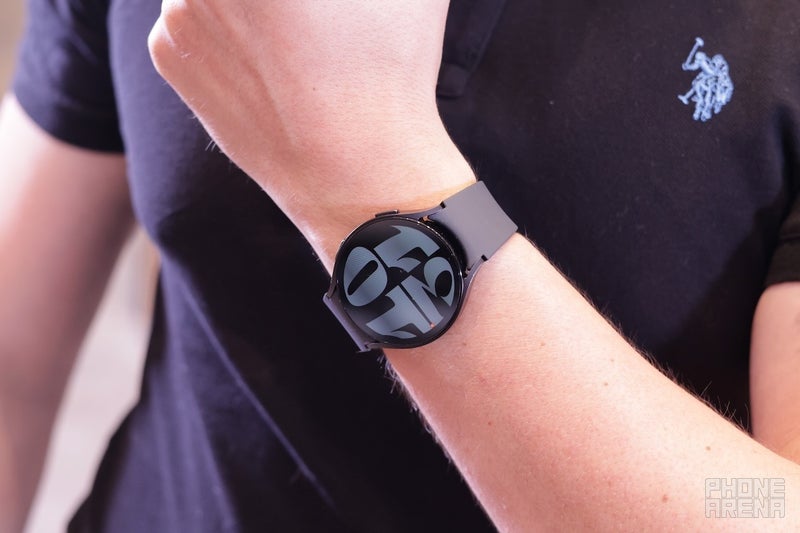


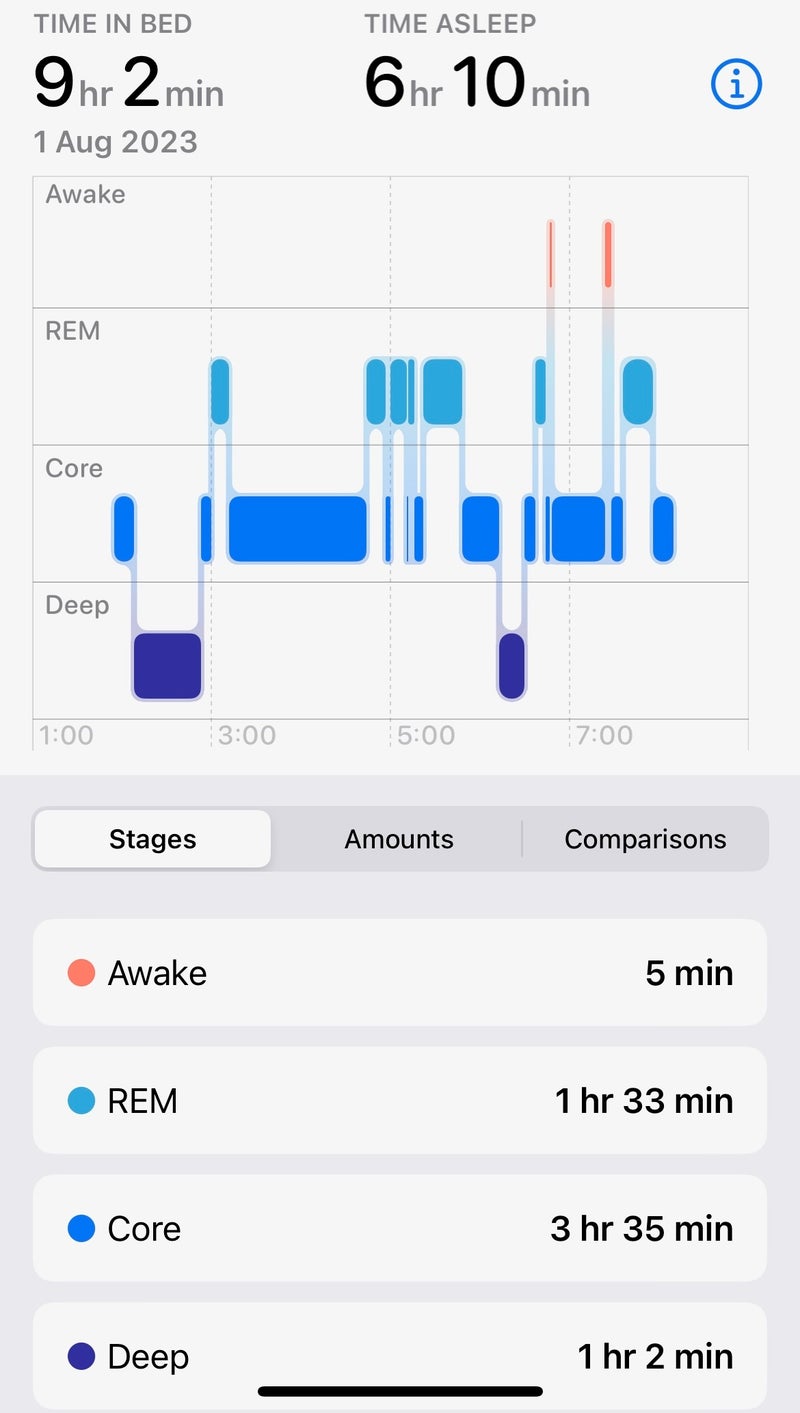













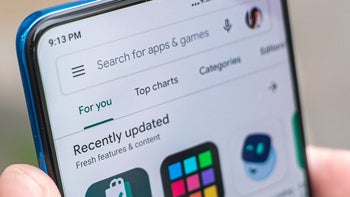


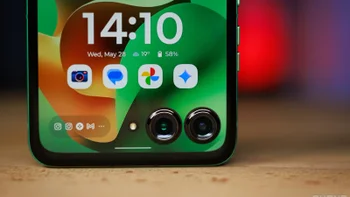
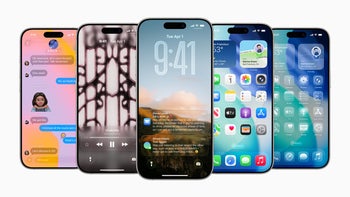
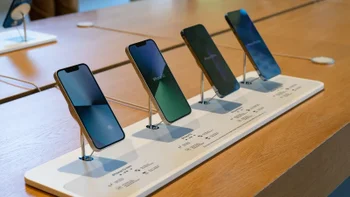
Things that are NOT allowed:
To help keep our community safe and free from spam, we apply temporary limits to newly created accounts: